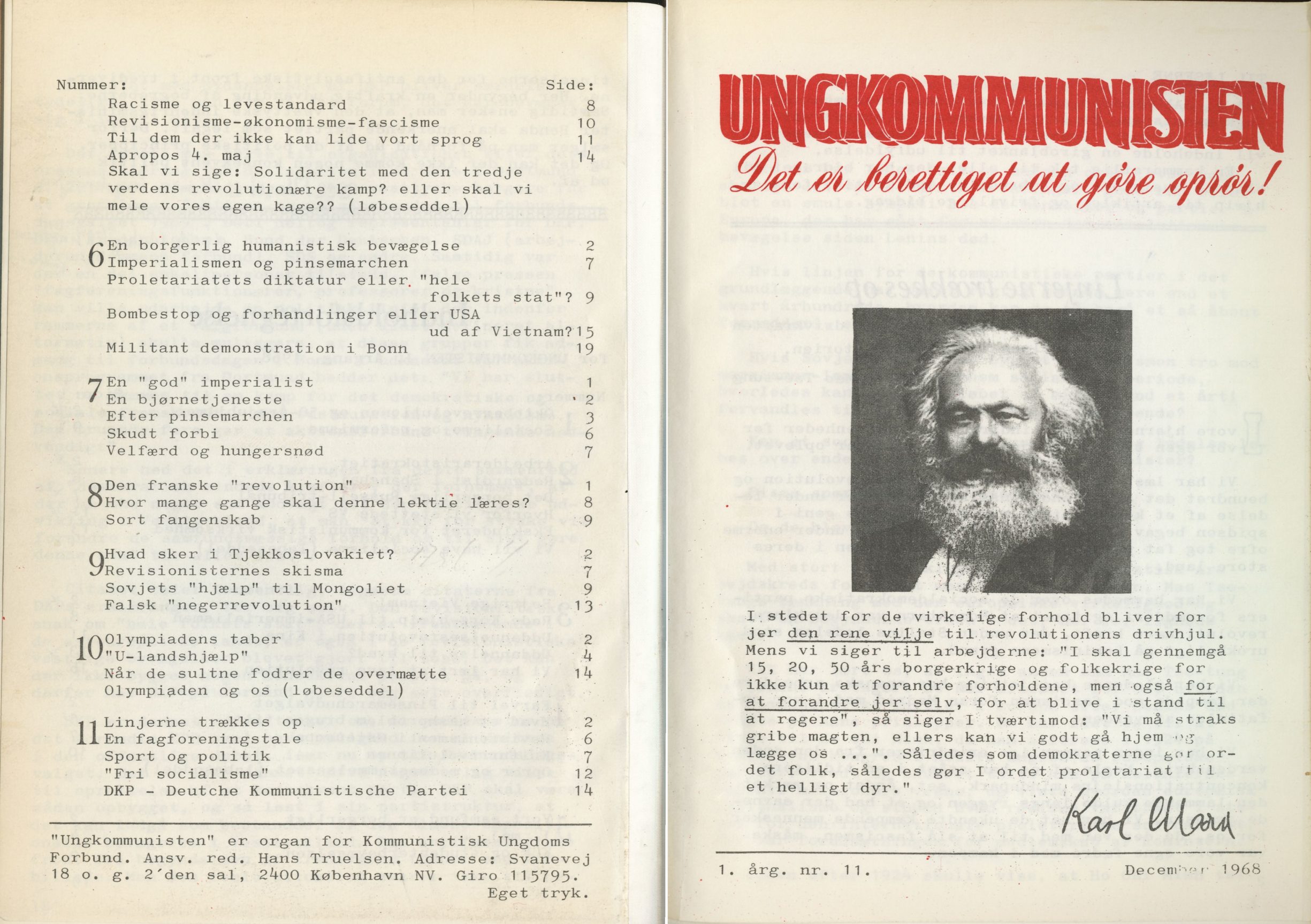About the text:
From: On Colonies, Industrial Monopoly and Working Class Movement, Futura, 1972, 57 p., p. 15-16.
(Extract)
Written on 20th May 1853,
published in “The New York Daily
Tribune” on 14th June 1853.
… Whatever be the social causes and whatever religious, dynastic, or national shape they may assume, that have brought about the chronic rebellions subsisting in China for about ten years past, and now gathered together in one formidable revolution, the occasion of this outbreak has unquestionably been afforded by the English cannon forcing upon China that soporific drug called opium. Before the British arms the authority of the Manchu dynasty fell to pieces; the superstitious faith in the eternity of the Celestial Empire broke down; the barbarous and hermetic isolation from the civilized world was infringed; and an opening was made for that intercourse which has since proceeded so rapidly under the golden attractions of California and Australia [1]. At the same time the silver coin of the Empire, its lifeblood, began to be drained away to the British East Indies. …
It is almost needless to observe that, in the same measure in which opium has obtained the sovereignty over the Chinese, the Emperor and his staff of pedantic mandarins have become dispossessed of their own sovereignty. It would seem as though history had first to make this whole people drunk before it could rouse them out of their hereditary stupidity.
Though scarcely existing in former times, the import of English cottons, and to a small extent of English woollens, has rapidly risen since 1833, the epoch when the monopoly of trade with China was transferred from the East India Company to private commerce, and on a much greater scale since 1840, the epoch when other nations, and especially our own, also obtained a share in the Chinese trade. This introduction of foreign manufactures has had a similar effect on the native industry to that which it formerly had on Asia Minor, Persia and India. In China the spinners and weavers have suffered greatly under this foreign competition, and the community has become unsettled in proportion.
The tribute to be paid to England after the unfortunate war of 1840, the great unproductive consumption of opium, the drain of the precious metals by this trade, the destructive influence of foreign competition on native manufactures the demoralized condition of the public administration, produced two things: the old taxation became more burdensome and harassing, and new taxation was added to the old. Thus in a decree of the Emperor, dated Peking, Jan. 5, 1853, we find orders given to the viceroys and governors of the southern provinces of Wuchang and Hanyang to remit and defer the payment of taxes, and especially not in any case to exact more than the regular amount; for otherwise, says the decree, “how will the poor people be able to bear it?”
“And thus, perhaps,” continues the Emperor, “will my people, in a period of general hardship and distress, be exempted from the evils of being pursued and worried by the tax-gatherer.”
Such language as this, and such concessions we remember to have heard from Austria, the China of Germany, in 1848.
All these dissolving agencies acting together on the finances, the morals, the industry, and political structure of China, received their full development under the English cannon in 1840, which broke down the authority of the Emperor, and forced the Celestial Empire into contact with the terrestrial world. Complete isolation was the prime condition of the preservation of old China. That isolation having come to a violent end by the medium of England, dissolution must follow as surely as that of any mummy carefully preserved in a hermetically sealed coffin, whenever it is brought into contact with the open air. Now, England having brought about the revolution of China, the question is how that revolution will in time react on England, and through England on Europe.
—–
[1] This refers to emigration of Chinese.
MEOC p. 19.
The complete text can be found online at Marxist Internet Archive, MIA.



























